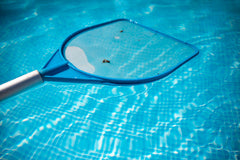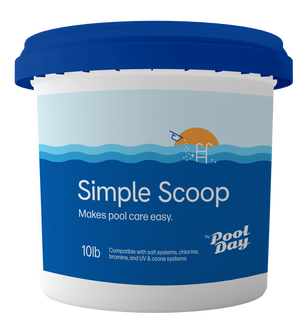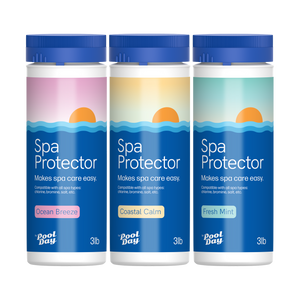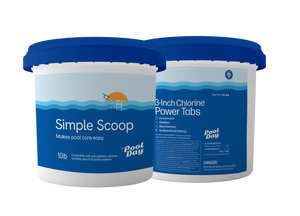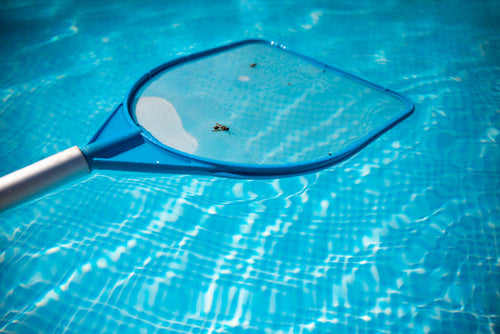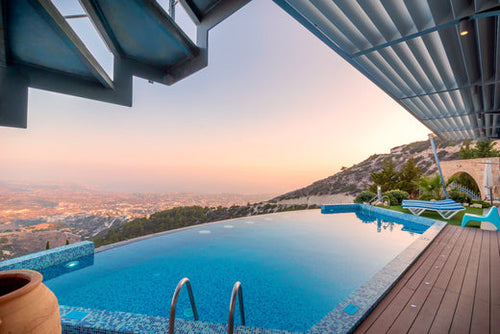Sanitizer Showdown: Bromine vs. Chlorine
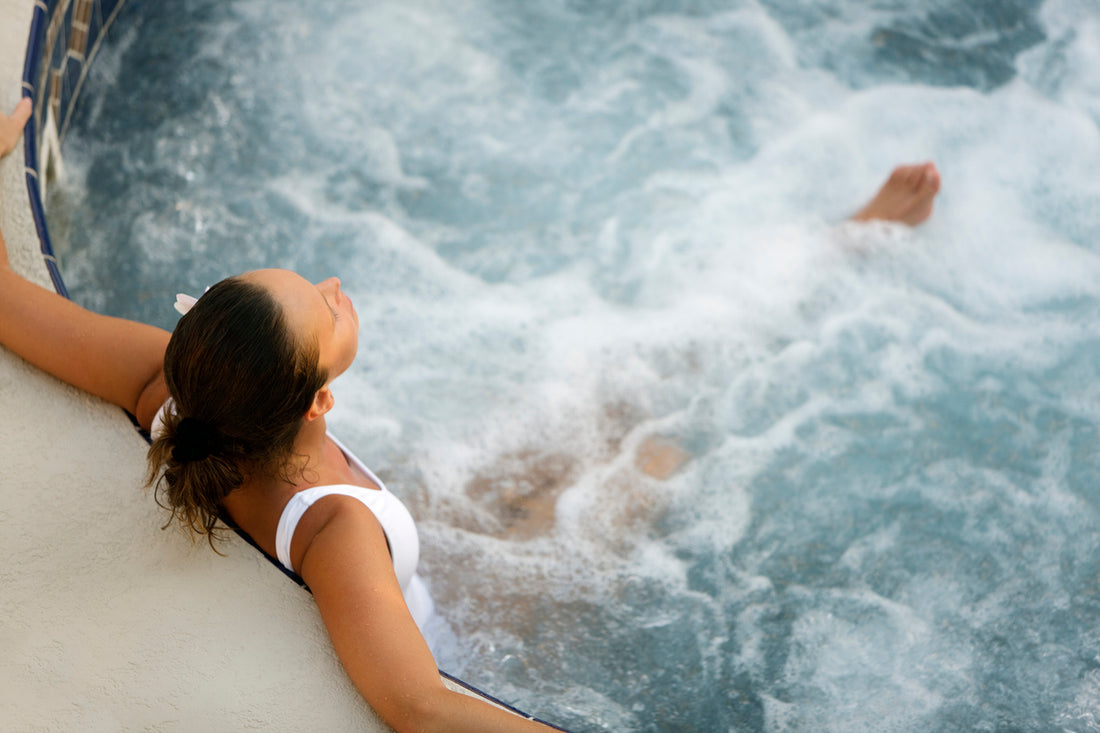
When it comes to sanitizing your pool or hot tub, two options dominate the market: chlorine and bromine. Both chemicals effectively kill bacteria and algae, but they have distinct characteristics and are suitable for different situations. Let's delve into the chlorine vs. bromine debate to help you make an informed decision for your pool and spa care.
What are Chlorine and Bromine?
Bromine and chlorine are both halogens (an element group including Fluorine, Chlorine, Bromine, Iodine, and Astatine) and they belong to the same chemical family.
Chlorine for pools and spas is actually diluted hypochlorous acid. The only true form of chlorine for pool sanitation is gas chlorine, so all other chlorine products like tablets, liquid, and granules will vary in their composition. Nevertheless, they all basically do the same thing: release hypochlorous acid to kill and inactivate pathogens in the water. Chlorine commonly comes in Tablets, Granules, or Liquid form.
“Bromine" for pools and spa isn’t true elemental bromine, but rather the name is used to describe any chemical that releases hypobromous acid into the water. Similar to chlorine, Bromine is sold as tablets, granules, and in liquid form, but each of these products is slightly different and has a different pH impact on the water.
How Chlorine and Bromine work
They are both disinfectants, algaecides, and oxidizers, but they work in slightly different ways.
Chlorine oxidizes contaminants and in the process the chlorine molecules turn into a waste product called chloramines, also known as "spent chlorine." When chloramines build up they cause a strong chemical odor, sting eyes, and reduce chlorine's effectiveness. So, to keep chloramines from causing problems, you’ll need to add chlorine on a regular basis, you will need to shock your pool or spa, or use an all-in-one solution regularly like our pool care hero, Simple Scoop.
Bromine, on the other hand, works through a process called ionization which destroys contaminants by forcing their chemical bonds apart. Bromine also produces a waste product called bromamines, but they’re not as noxious as chloramines. However, they can still reduce the efficiency of bromine, so shocking your water is a good idea to remove bromamines as well.
The showdown
Okay, now you know what Bromine and Chlorine are and how they work chemically, but what are their pros and cons for use in your pool or hot tub? Let's break it down:
Skin and Eye Irritation
Bromine is known for being gentler on your skin and eyes, though everyone reacts differently to chemicals so it is important to be aware of what works for you.
One reason chlorine is more harsh is because as your sanitizer works, some amount of waste product is produced. For chlorine, that waste product is chloramine which is known for being very irritating, whereas for Bromine the waste product produced is bromamine which is much less harsh. In an ideal world, your pool or hot tub would have no chloramines or bromamine. While it is not practical to keep their level at zero, they can be reduced with regular shocking or using a preventative solution like Simple Scoop, which will greatly reduce the irritation associated with Chlorine.
Odor
Chlorine is known to have a much stronger odor than bromine, which some may find unpleasant, though again a lot of the odor can actually be caused by chloramine rather than fresh Chlorine.
Also, when chloramines linger in the humid air around a spa, they can cause breathing difficulty and even asthma attacks, so Bromine may be a better choice for those with breathing or respiratory issues.
Sunlight and UV
Stabilized chlorine works well indoors and outdoors, but sunlight and UV degrades Bromine quickly. Unlike chlorine, cyanuric acid does not protect bromine from the sun, so Bromine does not work well with UV systems or water that gets a lot of sunlight. That is one reason Bromine is more commonly chosen for spas that are kept covered when not in use.
Temperature
Higher water temperatures like those found in hot tubs and spas can lead to rapid changes in pH levels. Bromine performs better than chlorine at higher temperatures and higher pH levels which often makes it the preferred choice for spas.
Cost
Bromine is often more expensive than Chlorine. For small quantities, like a 2lb bottle of Bromine for a spa, the price difference may not be significant. But for larger quantities, like those needed for a pool, the difference can be pretty hefty.
Which should you use?
The choice comes down to your particular needs. In most cases we find that Bromine works best for hot tubs, especially if your hot tub isn't in a sunny location and/or is covered when not in use. For most folks, Chlorine is the better choice for their pool since it is cheaper and not as easily degraded by the sun.
Do note that Bromine and Chlorine should NOT be used together. You will have to choose one of these great solutions to keep your pool or spa healthy and sparkling.



